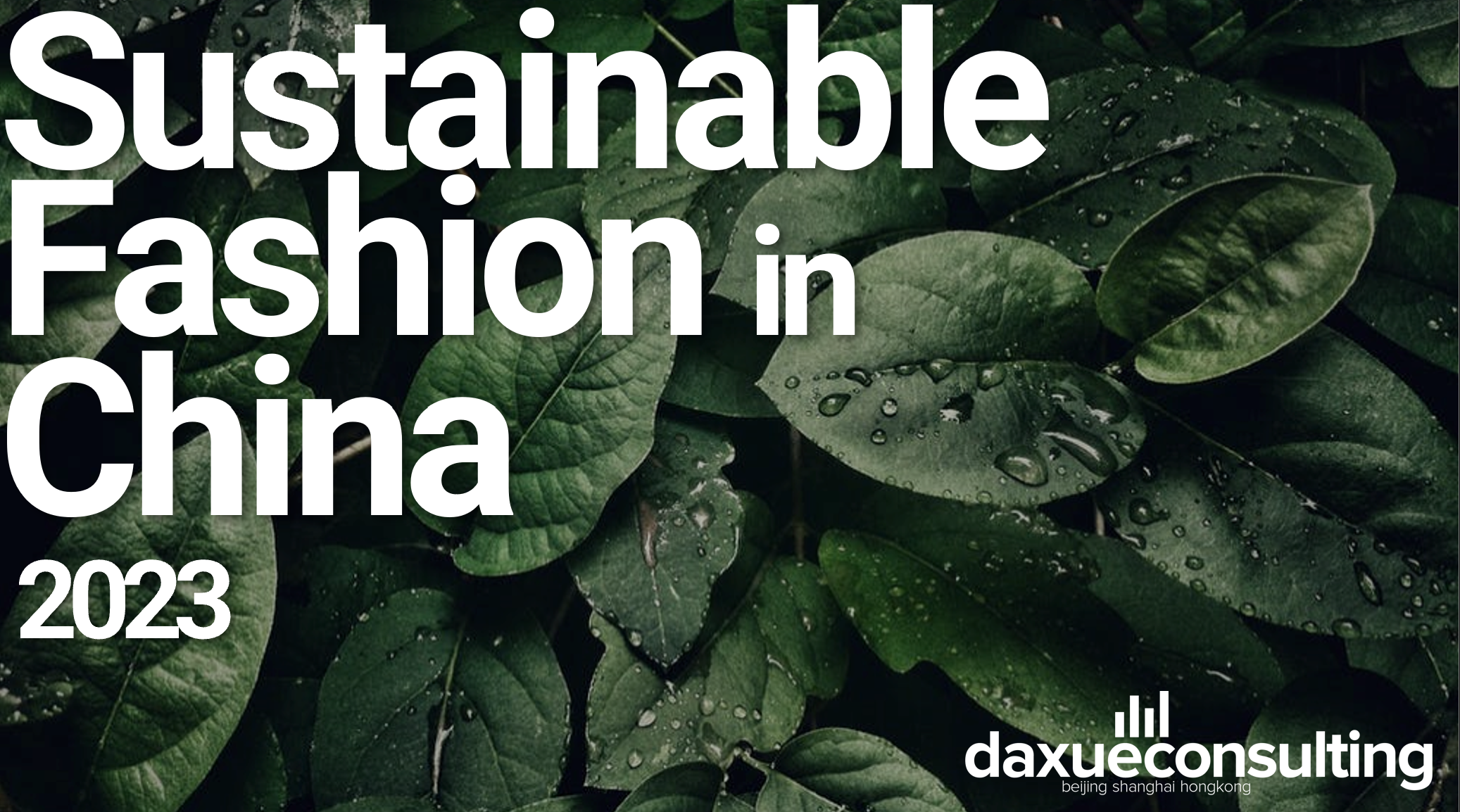Though currently niche, one area of China’s fashion industry that is projected to grow is sustainable fashion. Sustainability awareness is not only rising, as we found in our 2022 Green Guilt report, but there are many other hidden motivators driving sustainable fashion in China. In this report, we use social listening to uncover what Chinese netizens are discussing at the intersection of sustainability and fashion. We combined this analysis with desk research to formulate and test hypothesis on the future direction of China’s sustainable fashion market. Though we focus mainly on the fashion industry, many of these findings can be extrapolated to other consumer industries.
Download the full report on The Future of Sustainable Fashion in China here!
Some key findings from our report
- The topic of sustainability is dominated by the F&B industry, as 50% of netizen conversations on sustainability related to food and beverage related topics.
- Within the niche of sustainable fashion, topics pertaining to the ‘naturalness’ of products dominated 75% of conversations, showing the parallel between ‘natural’ and ‘sustainability’ in the minds of Chinese netizens.
- In top Zhihu conversations about sustainable fashion, 56% of netizens express a positive view, embracing green fashion, compared to 12% who expressed skepticism.
- There is a massive generational divide in the second-hand clothing market. With 70% of millennials being open to or having already bought second-hand clothing before, compared to only 23% of boomers.
Our hypotheses about the future of sustainable fashion in China
- As long as sustainability aligns with health and safety, it will be prioritized by Chinese consumers
- The government propaganda will be the strongest factor in influencing Chinese perceptions of sustainability (as compared to influencers and brands).
- A potential growth for green consumerism exists in the mass market, as there are few climate change deniers in China.
- Sustainability and understanding of the topic will be crucial to the modern urban Chinese identity and will eventually be seen as ‘sophisticated’.
- Easy-green consumption will become wide-spread, motivated by government requirements for green stamps and certifications on products, in an effort to reach the Carbon Neutral 2060 goal.





